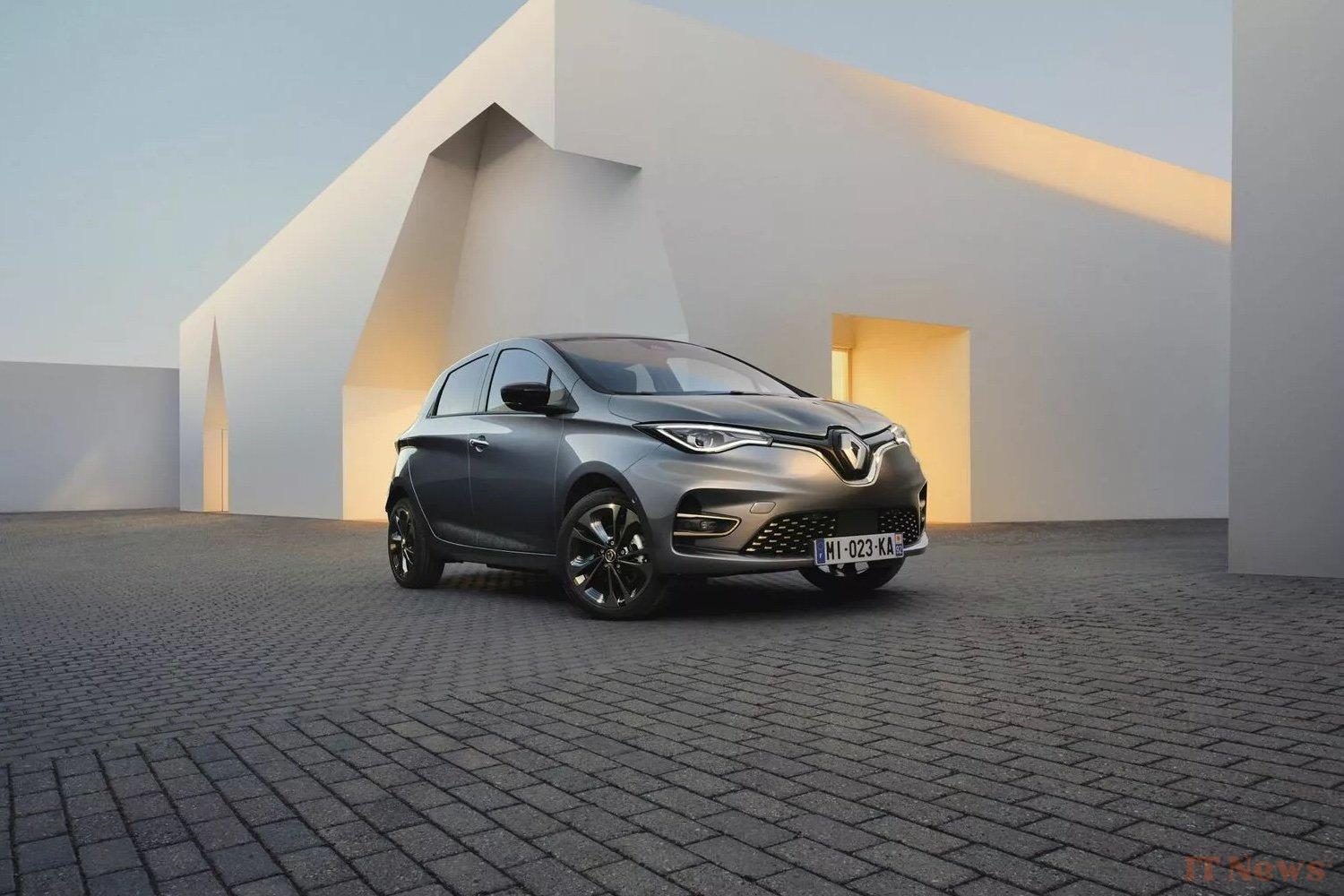EV Clinic, a small Croatian garage specializing in electric vehicles, is starting to make a name for itself thanks to its very direct technical diagnostics. On social media and on its website, the team regularly shares real-life experiences—and sometimes—they sting. This time, their current topic, spotted by Numerama, is the Renault Zoé. They see arrive every month more than a dozen small Renault cars with charging problems. And it's not just a matter of a poorly connected cable.
A fault that heats up a little too much
The problem is that when it breaks down, it can go far. The vehicle can refuse to charge, of course. But in some cases, it can cause a short circuit that can even burn out the charging station. And sometimes even other cars plugged in nearby. EV Clinic claims to have already seen several cases where all vehicles within a 20-meter radius have been affected!
Behind this bug lies a cooling defect. The Zoé's on-board charger converts alternating current into direct current, which generates a lot of heat. And this heat needs to be evacuated. However, the main component responsible for this task – a power transistor, the IGBT – is simply glued to an aluminum plate that is supposed to do the job. But with 22 kW at dissipate over a tiny surface, it heats up quickly. Too quickly.
Another sensitive part: the EMI filter, which protects the circuits from interference. A precharge resistor, molded in resin, can melt due to the temperature. And once it does, it's irreparable.
At Renault, this kind of breakdown can be very expensive. The garage estimates that a complete replacement of the charging system can reach 8,000 euros excluding tax, just for the parts. The new EMI filter alone is billed up to 3,600 euros. And you still have to manage to find one.
EV Clinic, for its part, offers a more pragmatic approach. Rather than replacing everything automatically, the team begins by identifying the faulty component(s), then repairs them if possible. The result: bills generally between 1,400 and 2,800 euros, which are much more manageable. To limit the risks, the garage advises regularly checking that the air conditioning is working properly and that the circuit is full. Because if the air conditioning is empty, the temperature rises even faster — and it's a guaranteed breakdown.
The Renault Zoé isn't the only one to suffer from this type of design. The Smart EQ uses a similar system, with the same weaknesses. What EV Clinic is criticizing, ultimately, is industrial logic: replace rather than repair. A practice that increases the bill for drivers and can shorten the life of vehicles that are still perfectly drivable.



0 Comments